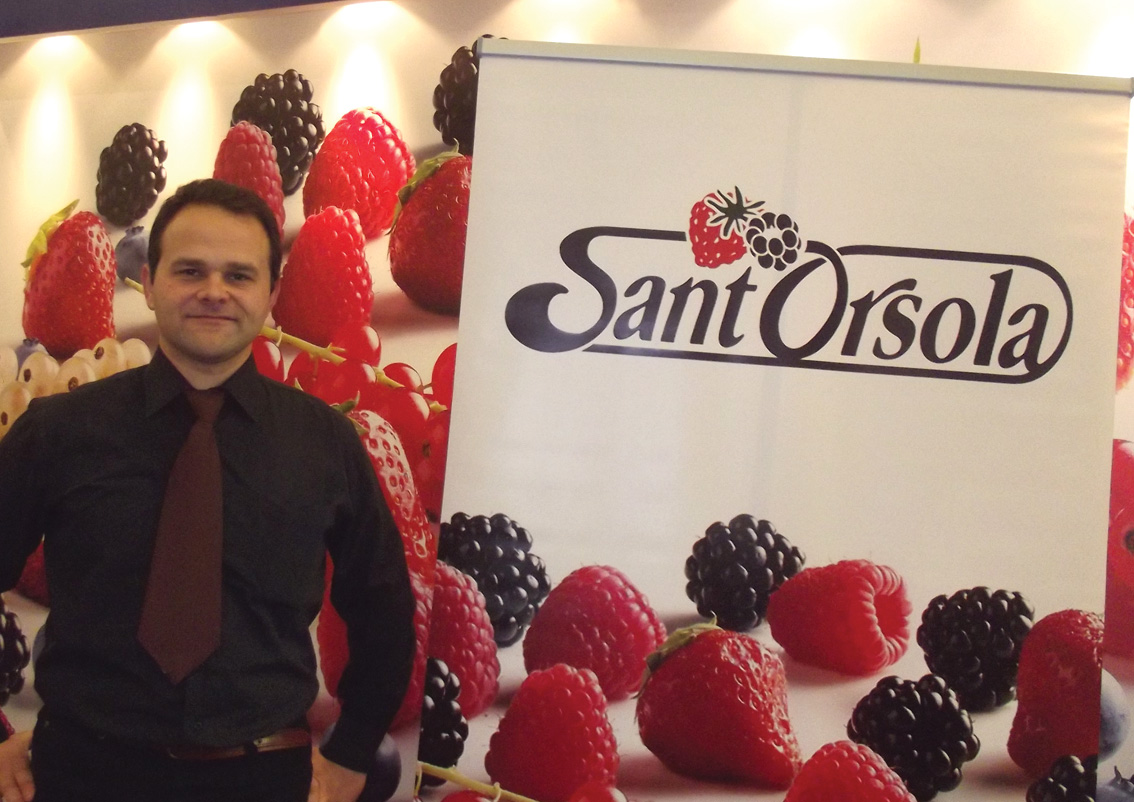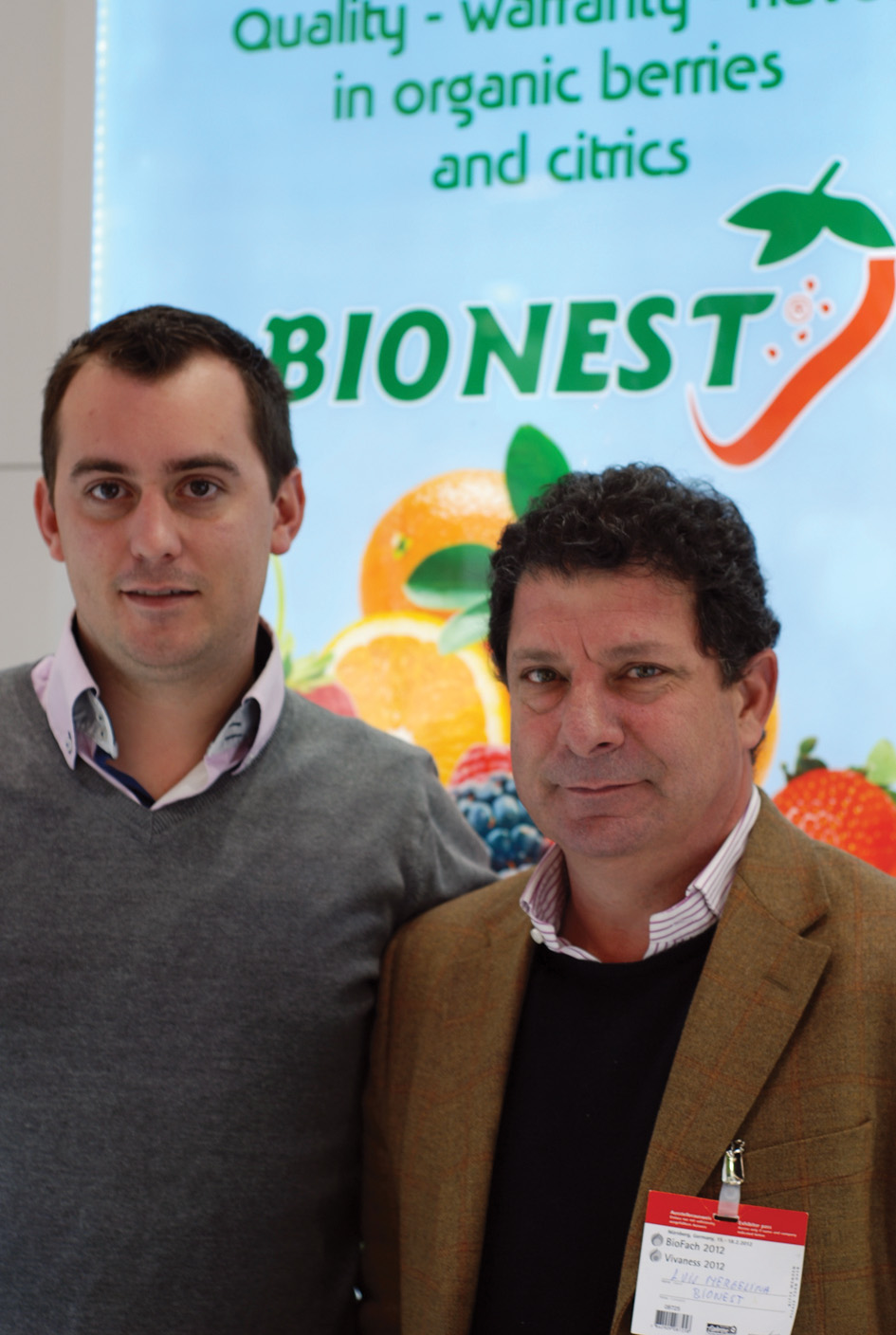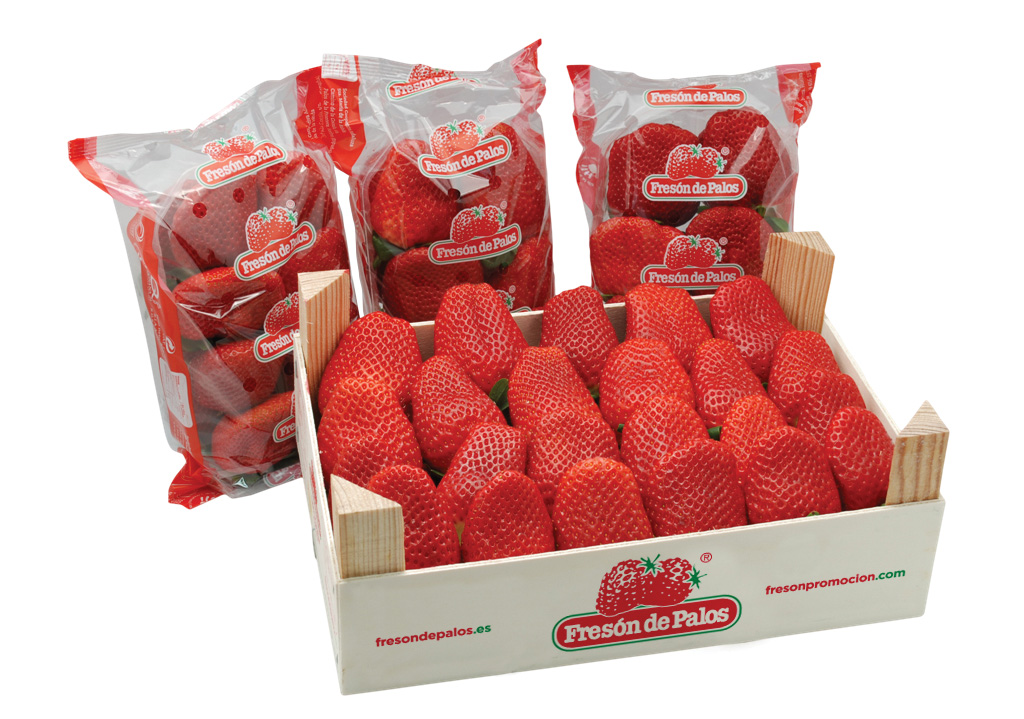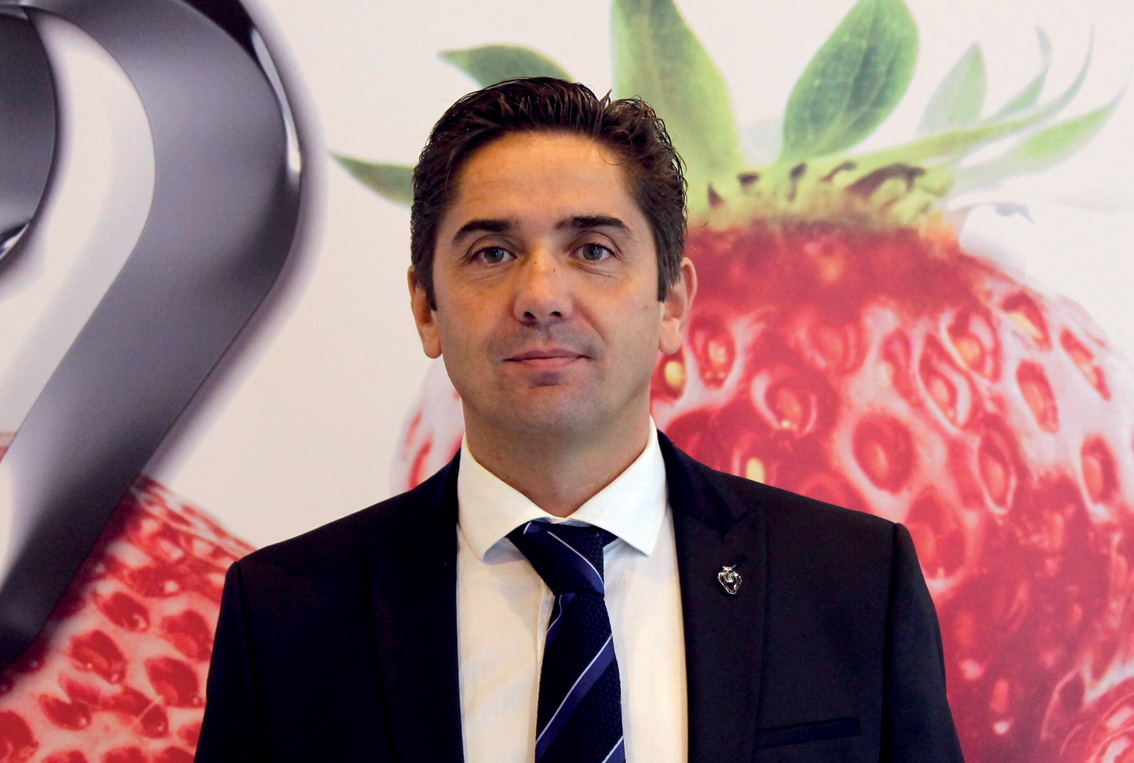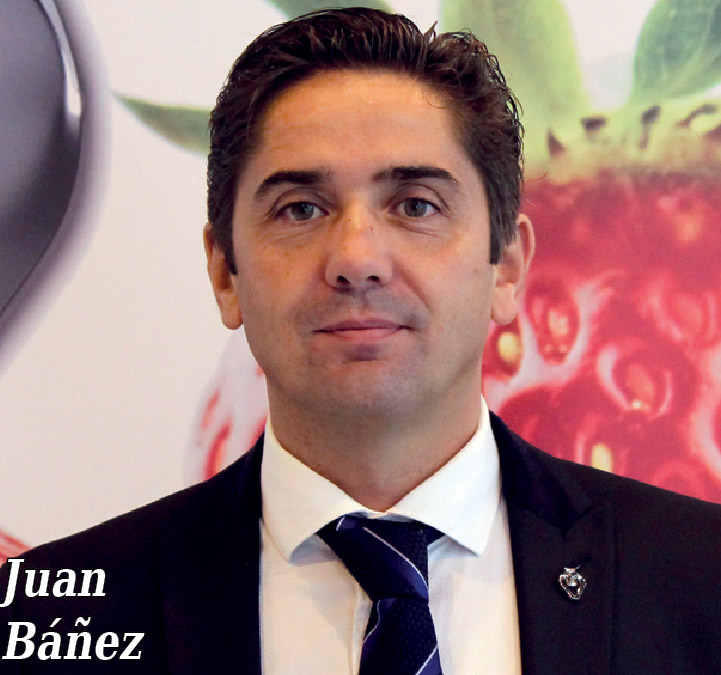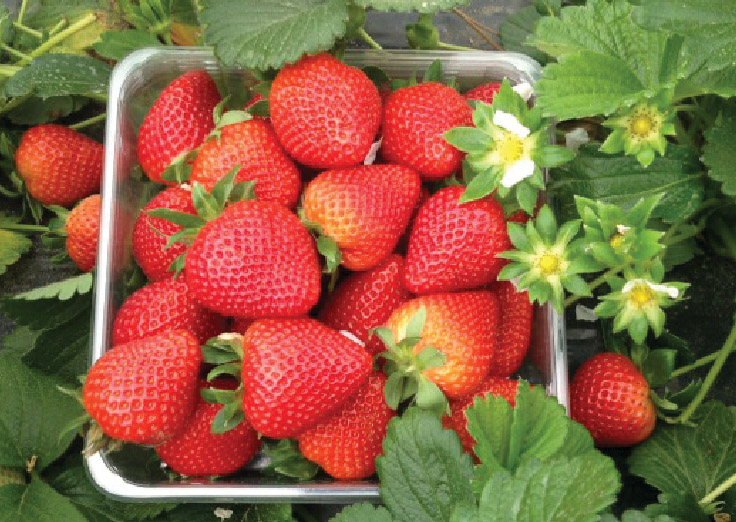For Mexican soft fruit association Aneberries, 2014 has become a crucially important year in its development as the group seeks to gain access to China
For a great many companies in the fresh produce sector, China has assumed something of the allure of a Holy Grail of export destinations, with a potential market of 1.35 billion people an enticing prospect for any producer, even excepting the huge distances often involved. This is no less the case for Mexico’s soft fruit growers, where national association Aneberries – whose members account for around 75% of total berry annual export volumes – has for some time been actively seeking entry to the Chinese market. The only problem is the lack of an export protocol for soft fruit between the Latin American nation and China, meaning that – as is the case with many other sectors – exports can only be achieved through Hong Kong, in other words, not officially. However, all that could be about to change with the visit of inspectors from China’s General Administration of Quality Supervision, Inspection and Quarantine (AQSIQ) to Mexico’s berry production heartland in the states of Jalisco and Michoacán. During the visit, which took place between 24 February and 3 March, AQSIQ officials toured a total of nine berry production sites and three packhouses, with a particular focus on blackberries and raspberries. In a hugely heartening statement for the Mexican berry sector through Mexico’s department of agriculture (Sagarpa), AQSIQ Safety Division official Feng Chunguang said that a phytosanitary agreement for exports of both products could realistically be completed before the end of 2014. If this is achieved, Mexico also hopes to achieve access for blueberries in 2015. If all goes to plan, the expectation is that Mexican president Peña Nieto will sign an agreement to enable access for blackberries to China during a scheduled visit to the country in October, explains Aneberries president Mario Andrade.
SM

